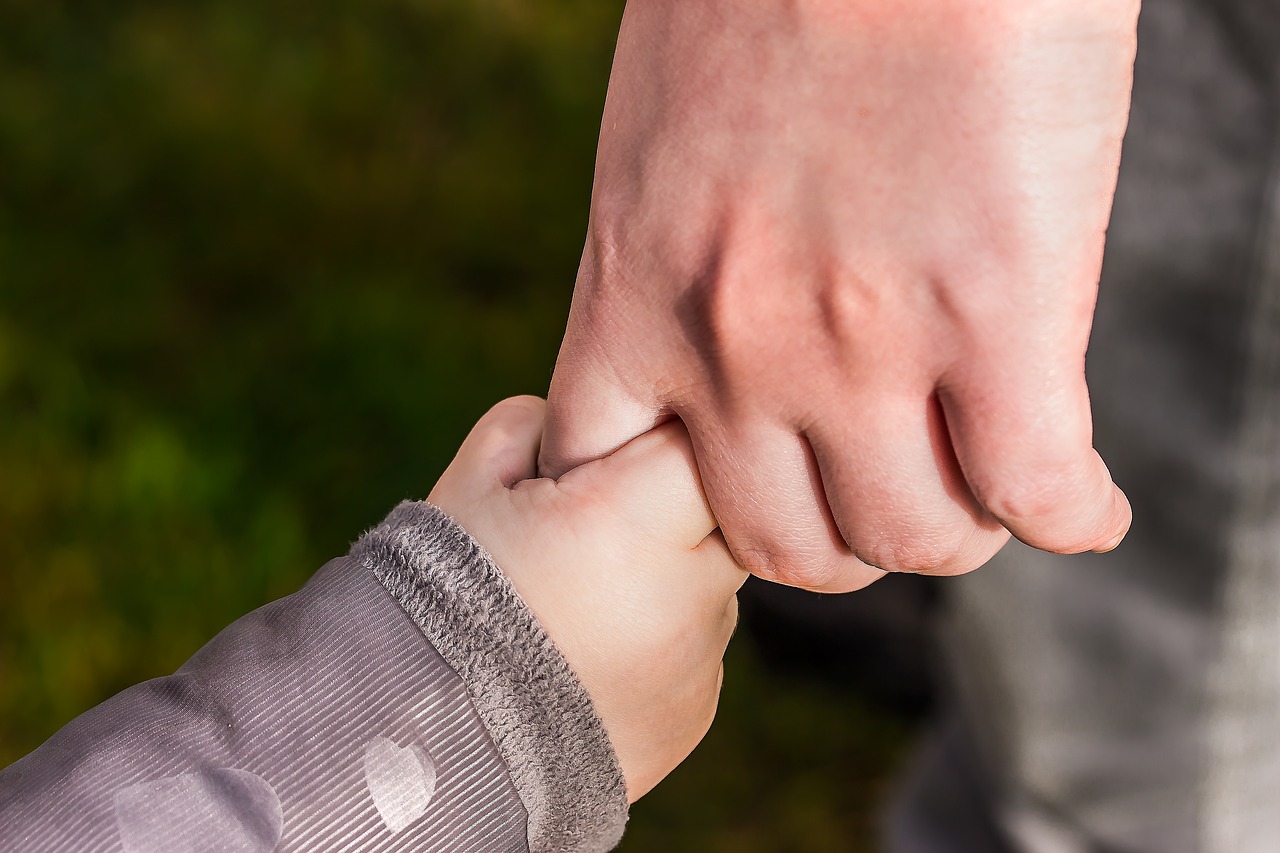April is National Child Abuse Prevention Month, a time to raise awareness about keeping children safe and supporting families. But let’s be real – parenting today comes with immense pressure. Many parents are juggling financial stress, demanding jobs, mental health challenges, and the emotional weight of simply trying to do their best. It’s exhausting.
And when stress is high, patience runs low. Parents who are overwhelmed, anxious, or burned out may struggle with emotional regulation, decision-making, and responding to their children with care instead of frustration. That’s why child abuse prevention isn’t just about protecting kids, it’s also about supporting parents. When parents have the right tools, resources, and community, they can create safer, healthier environments for their children.
Prevention: Protecting Children Starts with Supporting Parents
Raising children requires more than just love; it takes mental, emotional, and physical well-being. The truth is you can’t pour from an empty cup. Parents need support, too. That means:
- Prioritizing Mental Health – Therapy, counseling, and parenting support groups can help navigate stress, break cycles of trauma, and provide coping strategies.
- Making Time for Physical Movement – Exercise isn’t just about fitness; it helps release stress, improve mood, and boost patience, all key for responding to children in healthy ways.
- Seeking Community Support – No parent should have to do it alone. Connecting with faith-based groups, community centers, or wellness programs can reduce isolation and provide a safety net.
- Practicing Mindfulness & Stress Management – Small habits like breathwork, prayer, journaling, or simply stepping outside for fresh air can help bring a sense of calm to chaotic days.
Healing: Breaking Cycles Through Movement & Wellness
For parents who have experienced trauma themselves, breaking generational cycles is hard, but possible. Healing happens in small, intentional steps, and movement can play a vital role:
- Yoga & Deep Breathing – Helps regulate the nervous system and restore a sense of safety in the body.
- Strength Training – Builds physical and mental strength, reminding parents of their resilience.
- Outdoor Activities & Play – Walks, hikes, or playful movement with kids reduce stress and encourage connection.
The Reality: Parents Need Help, and That’s Okay
This world puts unrealistic expectations on parents. Social media makes it look like everyone else has it all together, but the reality is many parents are struggling in silence. If you’re feeling overwhelmed, you are not alone, and you don’t have to figure it out by yourself.
There are hotlines, counseling services, and support networks ready to help. If stress is turning into anger, frustration, or feelings of helplessness, reaching out for help is a sign of strength, not failure. Organizations like Parents Anonymous, local community centers, and mental health resources can offer guidance and relief.
As we observe National Child Abuse Prevention Month, let’s remember that strong, healthy parents create strong, healthy children. When we take care of our own minds and bodies, we build safer, more resilient families, one mindful step at a time.







Leave A Comment